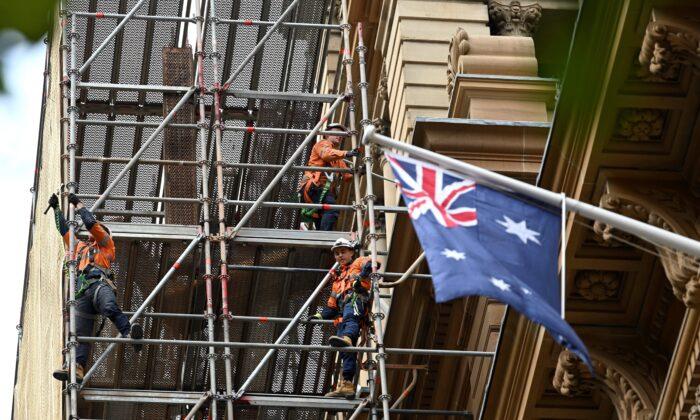Australia has been ranked 19th out of 64 countries in a recent global ranking of national competitiveness.
The IMD World Competitiveness Yearbook, first published in 1989, provides benchmarking and trends, as well as statistics and survey data based on extensive research. It analyzes and ranks countries according to how they manage their competencies to achieve long-term value creation.
Australia Dropped in Multiple Areas
Australia slipped to 62nd place in entrepreneurship, the country’s worst score for the year. It also performed poorly on economic complexity (58th) and on high levels of personal income tax (57th) and company tax (56th).Cassandra Winzar, the chief economist of the Committee for Economic Development of Australia, said Australia’s performance in the Yearbook showed that the country still has much work to do to diversify its economy and boost entrepreneurship and productivity.
“Strong commodity prices and a healthy jobs market continue to drive Australia’s competitiveness, but we cannot keep relying on our traditional trade strengths,” Winzar said.
“We must redouble our efforts to deepen the complexity of our economy amid an ongoing slump in productivity.

“This report highlights the important role that the dynamism of Australian businesses has to play in driving national competitiveness,” Winzar said.
“Persistent weak business investment also continues to drag on our performance.
“On the positive side, Australia remains an attractive destination to start a new business, with high rankings for start-up days and procedures, high levels of university education, and low levels of sovereign and political risk.”
Learn From Countries Without Natural Resources
Arturo Bris, director of the World Competitiveness Centre, said that countries without natural resources could teach Australia a lot about the challenges facing the economy.“However, the challenge for resource-based economies is how to translate such efficiency into prosperity, for example, how to make people’s lives better.
“This requires good policies and good institutions. At the same time, Australia needs to learn from countries that lack natural resources but that have built highly productive economic models, such as Switzerland and Singapore.”
In the latest report, Denmark took the top spot for the second year in a row, while Ireland jumped from seventh to second, and Switzerland won third place.
In these countries, Bris said, prosperity is driven by innovation, good governance, resilient infrastructure and high-quality education and healthcare systems.
“We need to move from a ‘risk management’ approach to a ‘crisis management’ approach, whereby companies set up the processes and the corporate culture that allows them to respond swiftly to new, unexpected events,” he said.




